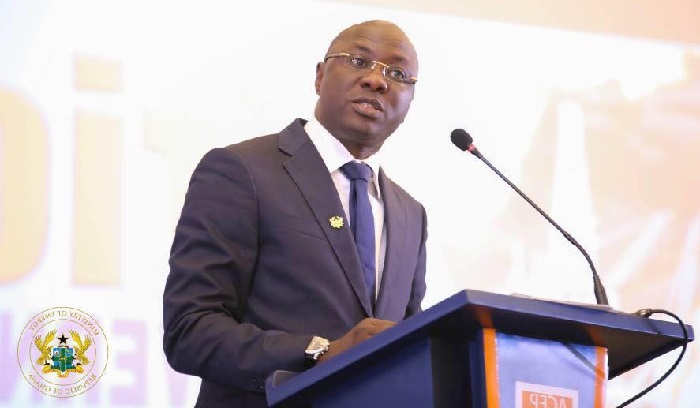The Ministry of Finance has launched a $69.7 million Affordable Agricultural Financing for Resilient Rural Development (AAFORD) project in Sunyani.
The project, which is funded by the International Fund for Agricultural Development (IFAD), will benefit over 540,000 smallholder farmers in six regions: Bono, Bono East, Ahafo, Northern, Savannah, and the northeastern regions in the northern belt.
It is specifically designed to provide financing to small-scale and large-scale farmers, as well as micro- and medium-sized enterprises engaged in agriculture-related businesses.
The AAFORD project aims to support food security and improve the living standards of smallholder farmers, women, and youth in the regions.
The Minister of State at the Ministry of Finance, Dr. Mohammed Amin Adam, mentioned that the agricultural sector contributes about 54% of the country’s Gross Domestic Product (GDP).
He explained that the sector contributes about 40% of Ghana’s export earnings while providing over 90% of the food needs of the country; thus, the government has over the years introduced policies to boost the sector and improve the livelihoods of farmers.
According to him, the goals of the project would be achieved through increased access to affordable finance in support of better market linkages and sustainable and climate change-adaptive practices. He also said the project would support inclusive policy engagement and build on the potential of women and youth as untapped resources for family resilience.
He further mentioned that the areas included in the project have a population of about 6,599,868 and that the people do not borrow funds to increase production due to the fear of losses and uncertainties such as droughts, among other climate change issues.
Dr. Adam said the AAFORD’s intervention would assist smallholders and their associations in the regions in developing secured market linkages that could incentivize and stimulate those households to borrow and invest in increasing agricultural production, improving food security and nutrition, and building resilience against the effects of climate change.


Comments are closed.